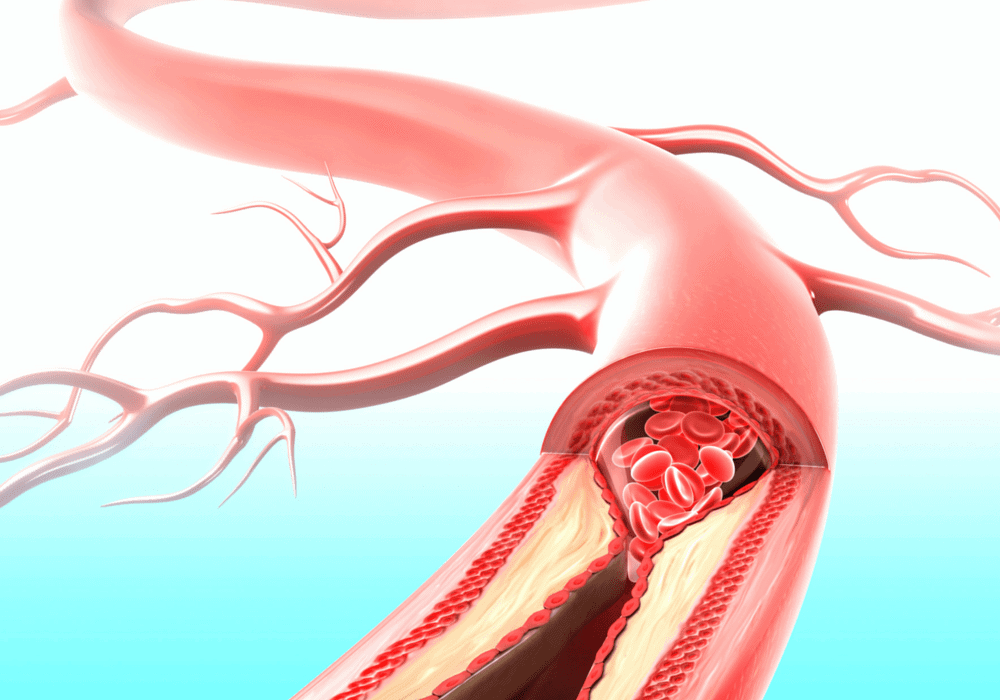
Today on The Ask Prof Noakes Podcast, we speak to Prof. Tim Noakes about a presentation he held on the LCHF Diet and ask him about the relationship between cholesterol and calcium when it comes to the risk factors for heart disease.
Can the LCHF Diet reverse risk factors for heart disease?
Mark McMillan attended a recent talk that Prof Tim Noakes presented on the LCHF diet in Johannesburg. Mark got in touch and said in the talk Prof Noakes mentioned that calcium score as the most likely indication of heart attack potential.
Mark wanted to know if too high a reading will improve over time on the LCHF diet?
Prof Tim Noakes: That’s a fabulous question, because that’s what I would love to study, and it’s not being studied. So the theory is that if the low carb diet does reverse all your risk factors for heart disease, then the damage to the coronary artery should reverse, and you know, I do get reports, anecdotal reports from other clinicians, saying that they have made patients much better on this LCHF diet.
In other words, their hearts are functioning better as a consequence of this LCHF diet, but no one has yet done a clinical trial to show that this LCHF diet reduces the amount of calcium in the arteries.
That would be fabulous information if we had it, but it’s not being done.
But there were two points I made at that talk. Firstly, that if you’re really concerned about your cholesterol and whether you’re at risk of heart attack, don’t measure cholesterol. You measure the coronary artery calcium volume score. It is a very expensive test. But if you were profoundly neurotic, and you wanted to know should I be taking this drug or that drug to lower my cholesterol, if you had that test and you had a low value, then you’re very unlikely to have a heart attack in the future.
Should you be measuring your cholesterol?
So it’s pointless taking the medications. And again, to make that point that the cholesterol value doesn’t tell you what your arteries look like. So you could have a value of 2 and have terrible arteries, or you can have a value of 8 and have pristine arteries. We don’t know until we do this test, as to which side of the fence you fall on.
So that’s one value. Again, the other point I was going to make from that study, which I showed at the talk in Johannesburg, there was no relationship between the cholesterol in the blood and the coronary artery calcium volume score. That told us that you couldn’t predict your future risk of heart attack from your cholesterol in your blood. But you can predict it quite accurately from your calcium score.
That’s the difference. So the calcium score is the gold standard for telling you how bad your arteries are, and what your risk of a future heart attack is. Cholesterol comes nowhere near.
